 A publisher in the Netherlands has retracted 13 published studies and withdrawn 52 that were under consideration (but not yet published) after learning that someone illegally accessed its workflows to add fake authors and manipulate text.
A publisher in the Netherlands has retracted 13 published studies and withdrawn 52 that were under consideration (but not yet published) after learning that someone illegally accessed its workflows to add fake authors and manipulate text.
According to Seyyed Mohammad Miri, the founder, CEO, and managing director of Kowsar Publishing, the 13 retracted papers all included extra authors added by the same Internet Protocol (IP) address. Cyber police in Iran found the same IP address had also accessed the 52 other papers, which were in various stages of the publishing process (such as peer review) and not yet online, Miri told Retraction Watch.
Most of the authors on the 13 retracted papers are based in institutions in Iran; some were co-authors on the 58 retractions recently issued as part of a mass clean-up by publishers BioMed Central and Springer, citing fake reviews, adding inappropriate authors, and plagiarism.
Around six or seven months ago, the affected journals — in collaboration with Kowsar, their publisher — filed a court case in Tehran, Iran against this IP address, Miri said. Continue reading Scientific publisher hacked, affecting 65 papers

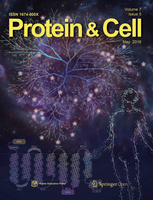 A
A 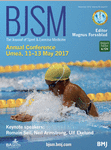

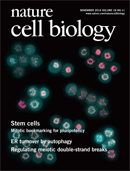 A
A 
 Earlier this month, BioMed Central and Springer announced that they were
Earlier this month, BioMed Central and Springer announced that they were 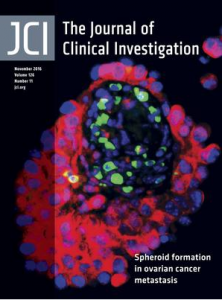
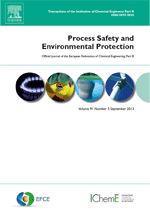 After five years, Elsevier has
After five years, Elsevier has